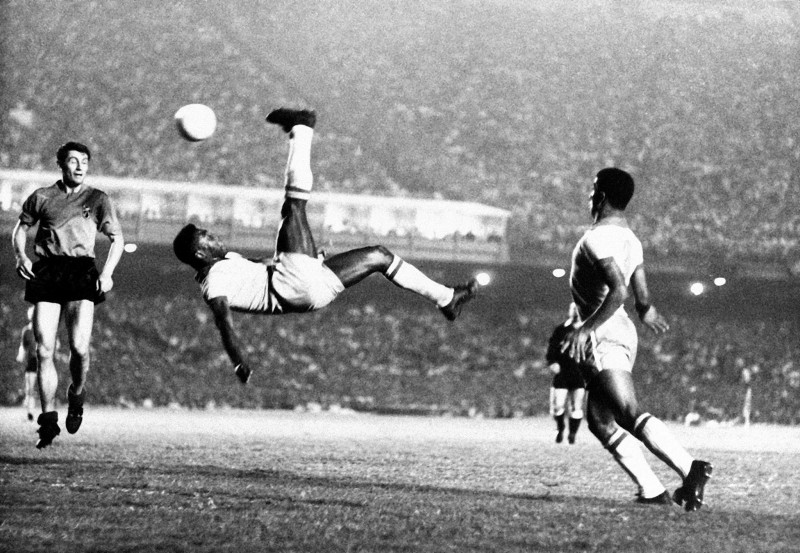
A Game of Chance: finding our Ginga
Medicine is the preeminent example of using science to interfere with chance and with just cause, at least some of the time.
Two of my five children are alive and well today as a result of such interference. To suggest that there should be no such interference with chance is clearly utter nonsense. But the question of how far that interference should go, now that’s another matter entirely.
When a society becomes heavily oriented towards a mastery over chance it gives (some) people (the priestly class) an imperial sense of being owners and masters of the world, and those who are not of that class a sense of abject failure. In this version of the world, becoming Demi Gods is the primary objective of all aspiring individuals.
Ironically if we create a world where we dominate chance, we risk destroying the possibility of abundance and the security that community affords us.
Wars against terror, drugs, cancer and death share a common root. They all seek to extinguish chance, and in so doing, necessarily fail in their named objective.
Life is full of that which is unknown and or unknowable, that which can’t be measured or managed; circumstances and occurrences that will not be conquered by science. Life is in large part a game of chance.
It is my impression that in the last decade in particular, there is a growing acceptance that chance is an immutable characteristic of the human condition. I regularly hear people speak of emergence, iterative processes and complexity.
Even so, the drive to systematically codify the unpredictable, to turn emergence into a science and render complexity into a theory, feels ever present and more intense.
Wise efforts to live within the limits of the human condition run counter to such drives, in their attempt to embrace chance.
‘Effort’ may in fact be the wrong word to use here since it suggests a struggle, when in fact embracing chance seems to have more to do with letting go than holding on. As Pele’s father in the biopic movie of the same name advised his son: “don’t try so hard, just enjoy yourself, everything else will come naturally….believe in your *Ginga.”
His advice called on his son to trust in his natural talent, his tacit knowledge, his heritage, and in chance. Not something one can do while following rules, sticking with the status quo or trying to measure or manage your every step. Pele took his father’s advice…
The rest is football history, and a great metaphor for anyone in pursuit of a freer more abundant life.
When it comes to the game of chance perhaps we all need to re-find and then believe in our Ginga.
Cormac Russell
*Ginga is a form of martial arts that was used by African slaves in Brazil, among other places. In Brazil the practice of Ginga was driven underground by the elites. But people found a way to practice without being caught: they practiced while playing football. And so the combination of football and martial arts gave birth to what today is described as the ‘beautiful game’. Pele was central to its resurgence of the ‘beautiful game’ in Brazil.

Larissa Nobre Sandoval
I really enjoyed reading this text. It’s very interesting to see the external perception of something that we Brazilians have, but often we don’t even know where it comes from… *Ginga.
It is “very much ours”, and it undoubtedly helps us to deal with many situations where following the rules is of little use.